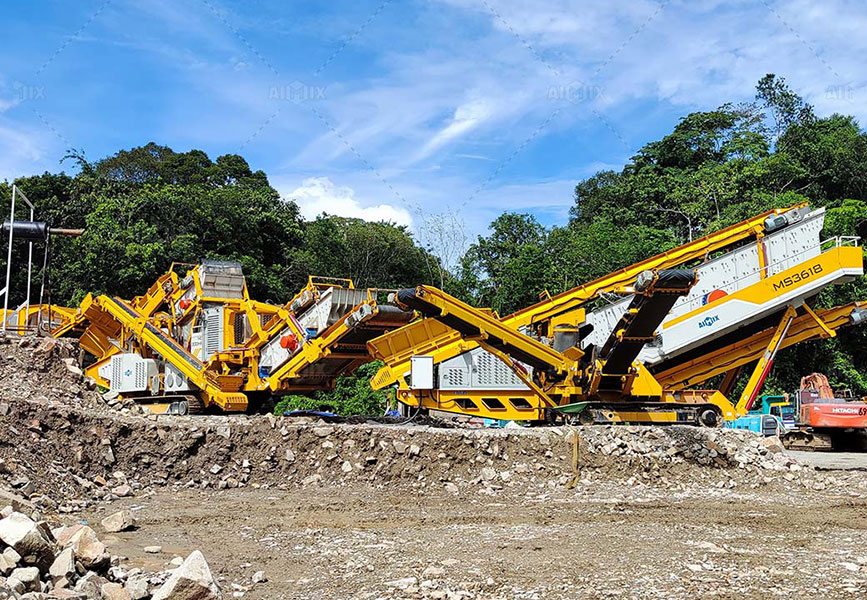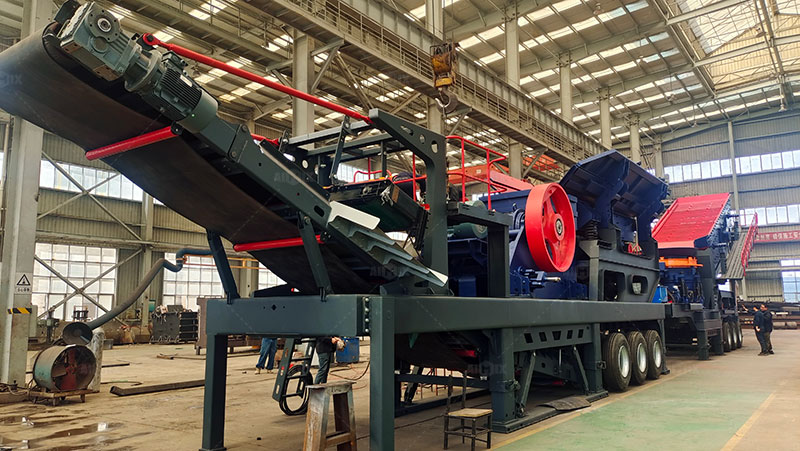How Much Do I Invest To Start A Stone Crusher Plant?
Starting a stone crusher plant can be an exciting and profitable venture, but it requires careful planning and a significant investment. The costs involved can vary greatly depending on several factors including location, scale, and the specific equipment needed. To give you a comprehensive understanding, this article will break down the primary considerations and associated costs.

Initial Setup and Equipment Costs
Acquiring the necessary equipment for a stone crusher plant is one of the most significant expenses. This includes crushers, vibrating screens, conveyors, and feeders. Different types of crushers—jaw crushers, cone crushers, impact crushers—serve different purposes and come at varying price points. For instance, a high-quality jaw crusher can cost between $50,000 and $150,000, while advanced cone crushers may range from $200,000 to $300,000.
In addition to crushers, vibrating screens are essential for sorting and grading the crushed stone, ensuring uniformity in the final product. These screens can cost anywhere from $15,000 to $70,000. Conveyors and feeders, which transport the stone through the different stages of the crushing process, also add to the expense, often amounting to $20,000 to $50,000 for a complete setup.
Moreover, installation and initial site preparation, including electrical and plumbing work, grading, and foundation construction, must be factored in. The stone crusher plant cost can add another $50,000 to $100,000 depending on the complexity of the setup and the site conditions.

Operational and Maintenance Expenses
Once the plant is operational, there are ongoing costs to consider. These include labor, fuel, electricity, and regular maintenance. Labor costs can vary significantly based on location and the scale of the operation. Typically, you will need to budget for operators, maintenance personnel, and administrative staff, which can collectively cost between $200,000 and $400,000 annually.
Fuel and electricity are crucial for powering the plant and can represent a substantial recurring expense. Depending on the size of the plant and local energy costs, these can range from $50,000 to $150,000 per year. Regular maintenance, essential to keep the machinery running smoothly and efficiently, includes costs for spare parts, lubricants, and routine servicing. Annual maintenance expenses can be expected to fall between $30,000 and $70,000.
It's also important to account for unexpected repairs and downtime. Setting aside a contingency fund of 10-15% of the total annual operational costs can provide a buffer for unforeseen issues.
Regulatory and Environmental Compliance
Starting a stone crusher plant also involves navigating various regulatory and environmental requirements. Securing the necessary permits and licenses can be a time-consuming and costly process. Environmental impact assessments, land-use permits, and safety certifications are typically required, with costs ranging from $10,000 to $50,000 depending on local regulations and the complexity of the assessments.
Compliance with environmental regulations is particularly critical. Implementing dust control measures, noise reduction strategies, and proper waste management systems can incur additional costs. Dust suppression systems, for example, can cost between $20,000 and $40,000. Noise barriers and other mitigation measures might add another $10,000 to $30,000 to the overall budget.
Investing in environmentally friendly practices not only ensures regulatory compliance but also enhances the reputation of your business and can lead to long-term cost savings through efficient resource use and potential tax incentives. Invest a plant from AIMIX, check product info on this page: https://aimixgroup.com/stone-crusher-plants/.
In conclusion, the investment required to start a stone crusher plant can be substantial, encompassing equipment acquisition, operational costs, and regulatory compliance. Careful planning and budgeting are essential to ensure the venture is financially viable. By understanding and preparing for these expenses, you can set a solid foundation for a successful and sustainable stone crushing business.